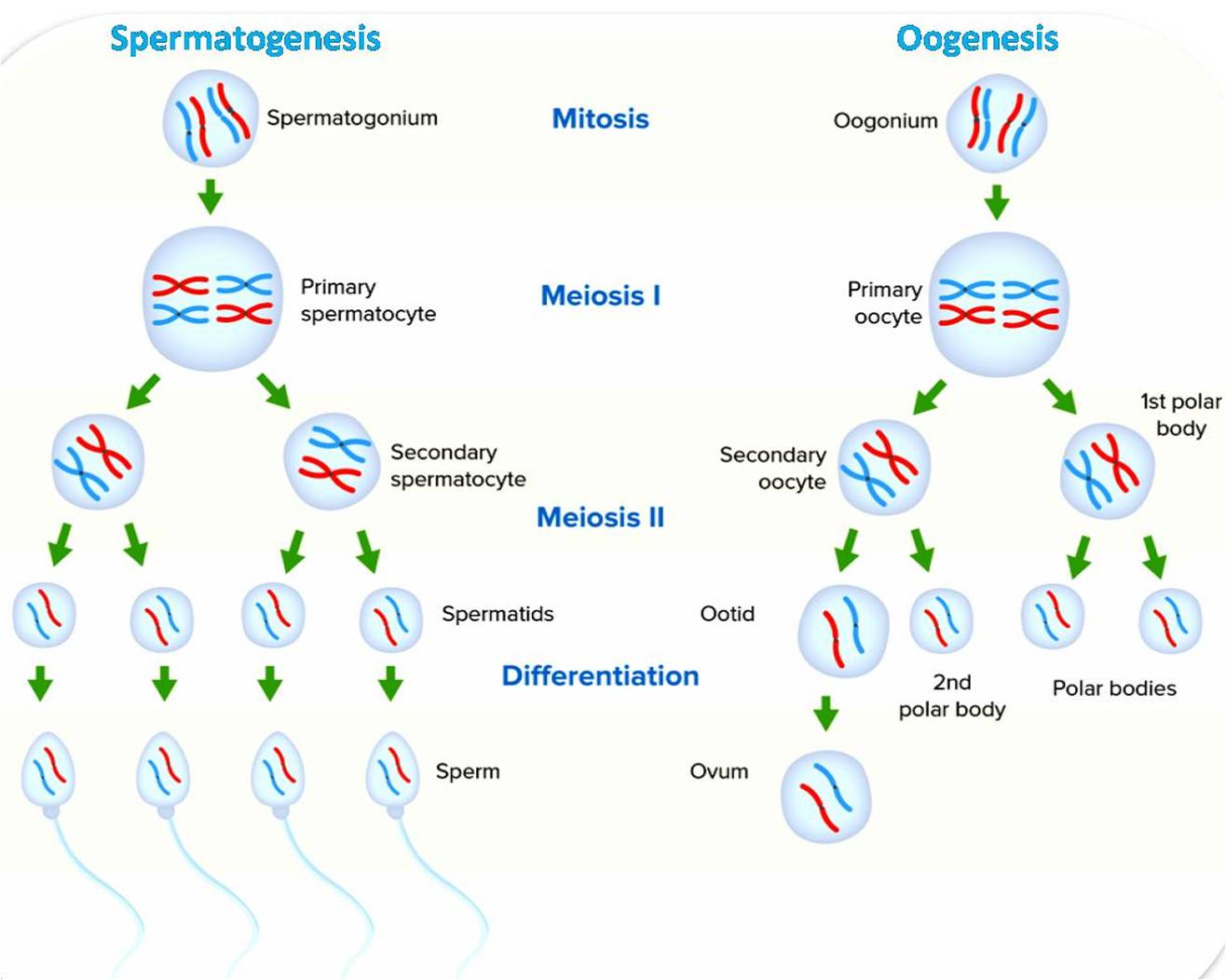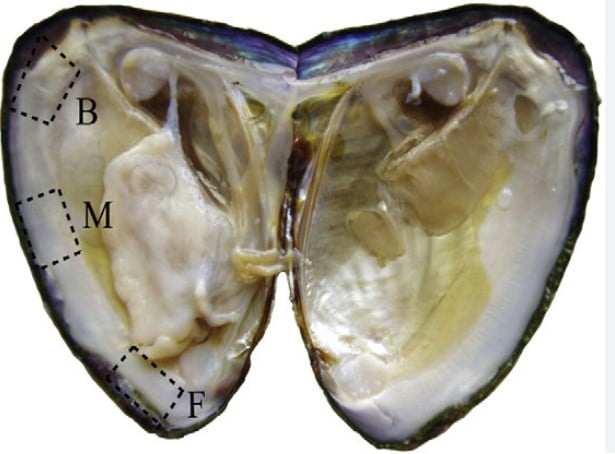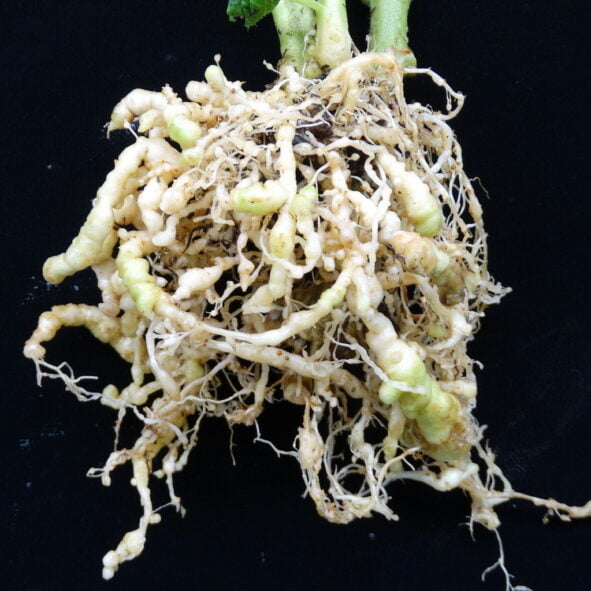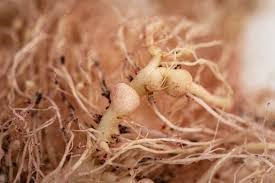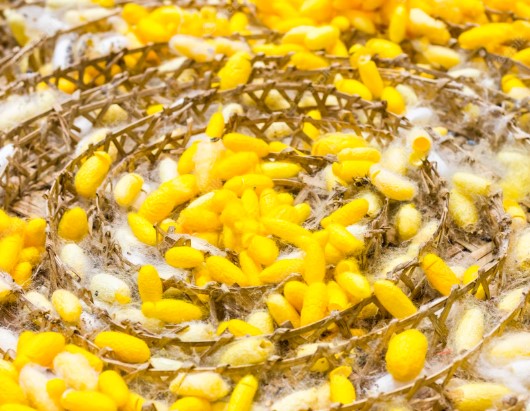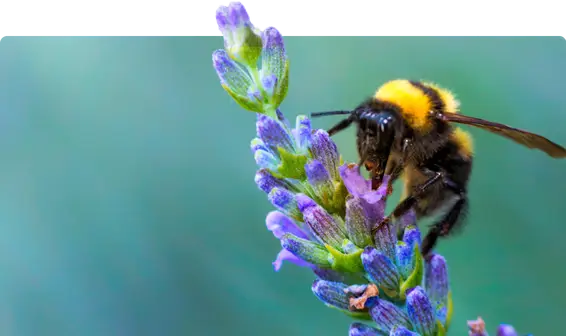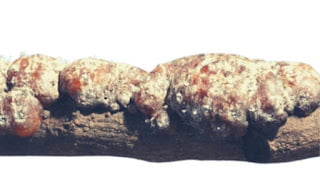Importance of nematodes: Nematodes are microscopic worms that are found in all types of soil. There are over 25,000 known species of nematodes, and about 10% of them are plant-parasitic. Plant-parasitic nematodes can cause significant damage to crops, leading to yield losses, quality problems, and even crop failure.
However, not all nematodes are harmful to crops. In fact, many nematodes play important roles in the soil ecosystem. For example, free-living nematodes help to decompose organic matter and recycle nutrients. They also prey on other soil organisms, such as bacteria and fungi. ‘Importance of Nematodes’
Importance of nematodes for Crop production
Here are some of the ways that nematodes can be important for crop production:
Decomposing organic matter: Free-living nematodes are important decomposers of organic matter in the soil. They help to break down plant residues, animal manure, and other organic materials, releasing nutrients that can be used by plants.
Recycling nutrients: Nematodes also help to recycle nutrients in the soil. They do this by feeding on bacteria and fungi, which are themselves decomposers of organic matter. The nutrients that are released from these organisms are then available for plants to take up.
Predating on other soil organisms: Nematodes also play a role in the soil food web by preying on other soil organisms, such as bacteria, fungi, and other nematodes. This helps to keep populations of these organisms in check, which can benefit plants.
Dispensing microbes: Some nematodes carry live and dormant microbes on their surfaces and in their digestive systems. This can help to distribute these microbes throughout the soil and in the rhizosphere, the region of soil that is directly influenced by plant roots. This can be beneficial for plants, as these microbes can help to improve plant health and nutrient uptake.
Acting as vectors for plant viruses: Some nematodes can act as vectors for plant viruses. This means that they can transmit the viruses from one plant to another. This can cause significant damage to crops. ‘Importance of Nematodes’
Overall, nematodes play a complex and important role in the soil ecosystem. They can be both beneficial and harmful to crops, depending on the species of nematode and the conditions in the soil. It is important to understand the role of nematodes in the soil in order to manage them effectively and protect crop yields.
Management of Nematodes in crop
Here are some ways to manage nematodes in crops:
Crop rotation: Rotating crops can help to break the life cycle of nematodes. Some nematodes only attack certain crops, so rotating to a crop that is not susceptible to the nematode can help to reduce the population of the nematode.
Use of resistant varieties: Some crop varieties are resistant to certain nematodes. Planting these varieties can help to protect crops from nematode damage.
Soil amendments: Some soil amendments, such as compost and manure, can help to suppress nematode populations. ‘Importance of Nematodes’
Chemical control: In some cases, chemical nematicides may be necessary to control nematode populations. However, these should be used only as a last resort, as they can be harmful to the environment.
By understanding the role of nematodes in crop production and using appropriate management practices, it is possible to protect crops from nematode damage and maintain healthy yields.
Beneficial nematodes for crop production
Nematodes can be a valuable tool for crop production. They can help to control pests, improve soil health, and increase crop yields. However, it is important to note that nematodes are not a silver bullet. They should be used in conjunction with other integrated pest management practices to achieve the best results. ‘Importance of Nematodes’
Enthomopathogenic nematodes (EPNs): EPNs parasitize insects and other pests, helping to reduce their populations. EPNs can be used to control a variety of pests, including cutworms, grubs, whiteflies, and aphids.
Predatory nematodes: Predatory nematodes feed on other nematodes, including plant-parasitic nematodes. Predatory nematodes can be used to suppress populations of plant-parasitic nematodes and improve crop yields. ‘Importance of Nematodes’
Root-feeding nematodes: Root-feeding nematodes feed on decaying organic matter in the soil. They help to improve soil structure and fertility, and they can also make nutrients more available to plants. ‘Importance of Nematodes’
Here is a list of some of the nematodes that are used in crop production:
- Steinernema feltiae
- Heterorhabditis bacteriophora
- Mononchoides longicaudatus
- Prionchulus penetrans
- Dactylella oviparasitica
- Paecilomyces lilacinus
- Purpureocillium lilacinum
These nematodes are available from commercial suppliers and can be applied to the soil or to plants using a variety of methods.


